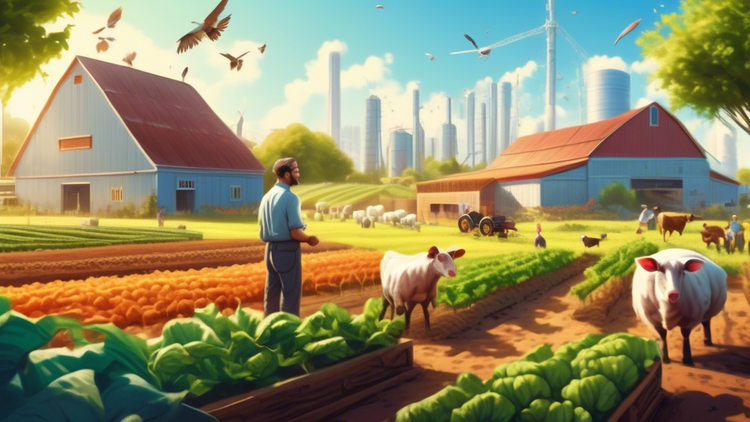Analysis reveals high pesticide risk in kale, watermelon, and certain organic foods

Understanding the Pesticide Risk in Popular Foods
In a recent analysis reported by The Guardian, concerning levels of pesticides have been found in several commonly consumed foods, including kale, watermelon, and even some organic produce. This report sheds light on the ongoing issues of agricultural pollutants, emphasizing the importance of scrutinizing what ends up on our plates.
Pesticide Prevalence in Kale and Watermelon
Kale and watermelon, staples in many diets, are among the foods identified with high contamination levels. Kale, known for its nutritional benefits, has frequently appeared on watchdog lists for pesticide contamination in the past. Watermelon, a popular summer fruit, similarly shows concerning levels of chemical residues, which could counteract its health benefits.
The Surprising Findings in Organic Foods
Perhaps more surprisingly, the analysis also highlighted that certain organic foods are not immune to pesticide risks. Despite the strict regulations associated with organic farming, cross-contamination from nearby conventional farms or shared processing facilities can lead to the presence of pesticides in organic products. This revelation calls for more stringent enforcement of organic certification requirements and improved farming practices across the board.
Health Implications
The exposure to high levels of pesticides is associated with a myriad of health risks, including developmental delays in children, hormonal disruptions, and even cancer. Considering the health impacts, it becomes increasingly important to monitor and mitigate pesticide residues in our food supply.
Steps Towards Safer Consumption
To minimize exposure to harmful pesticides, consumers can take several proactive steps:
- Wash and Peel: Thoroughly washing and sometimes peeling fruits and vegetables can reduce the pesticide levels, although it does not eliminate them completely.
- Buy Organic: When possible, opting for organic produce can typically reduce exposure to synthetic pesticides.
- Vary Your Diet: Eating a diverse diet reduces the likelihood of accumulating high levels of any single pesticide.
- Stay Informed: Keeping up to date with environmental reports and consumer guides, such as the EWG’s annual shopping guide to pesticides in produce, can help make informed choices.
Regulatory Considerations
It is crucial for regulatory bodies worldwide to reassess and tighten controls on pesticide usage and residues. In addition to stricter regulations, there must be transparency in pesticide data, and increased support for sustainable agricultural techniques that limit or eliminate the use of hazardous pesticides.
Advocacy for pesticide reform can also be a powerful tool for change. Consumer demands and advocacy for environmentally friendly farming can drive more farms to adopt safer practices, ultimately leading to a decrease in pesticide applications.
Here's a thought to consider
Foods like kale and watermelon should contribute to our health, not undermine it. Meanwhile, the assumption that organic foods are completely free from pesticides is debunked, stipulating further vigilance in organic farming and certification processes. Consumers, producers, and regulators must work together to ensure the food on our tables is safe and nutritious. Awareness and proactive measures can significantly mitigate the risk of pesticide exposure, leading towards a healthier future for everyone involved.
Looking for updates? Sign up to our newsletter for weekly snippets.





